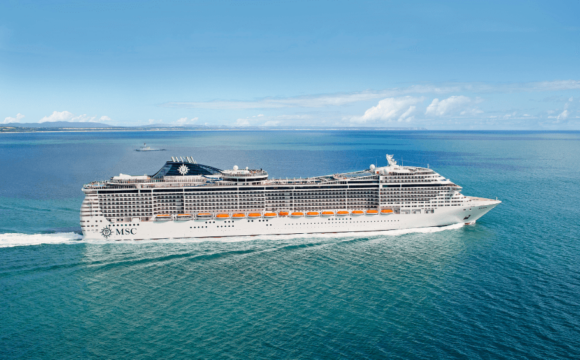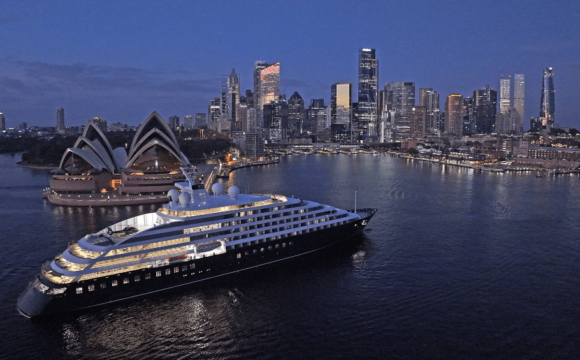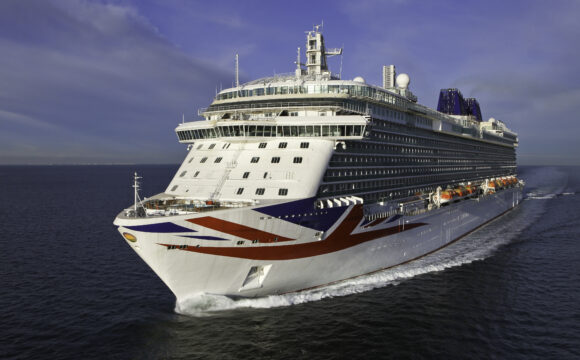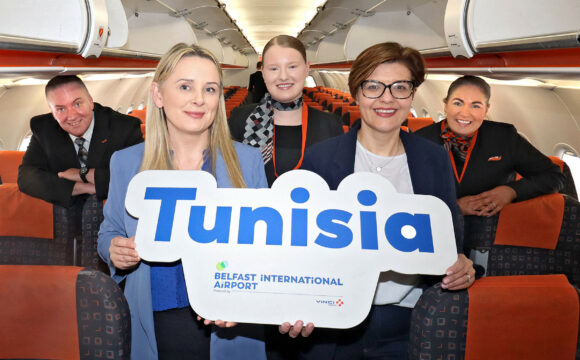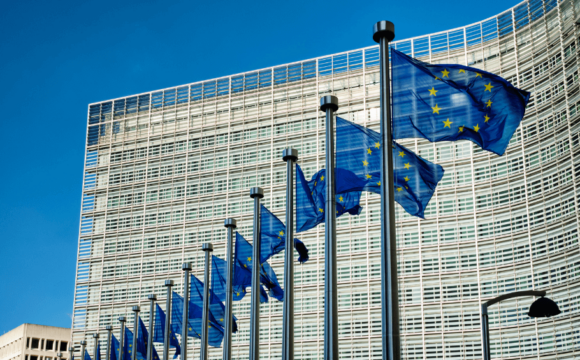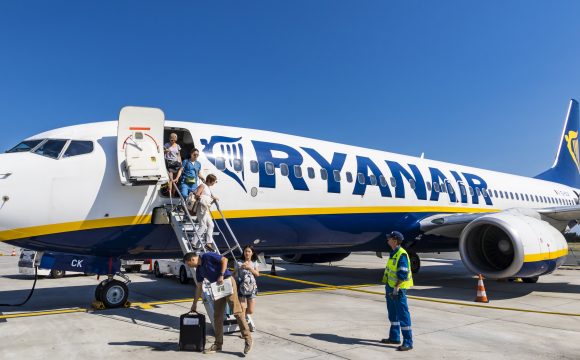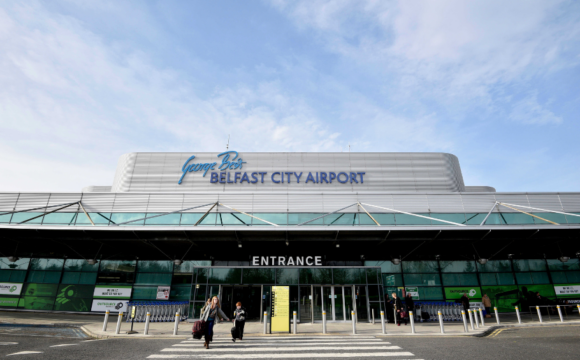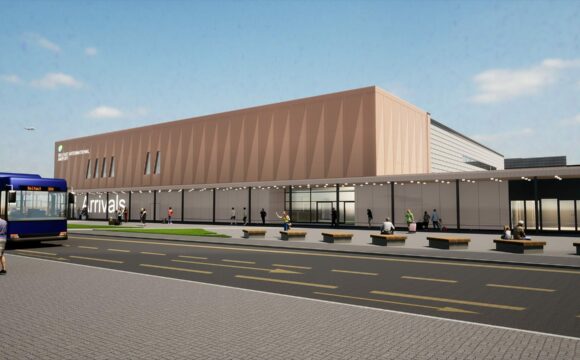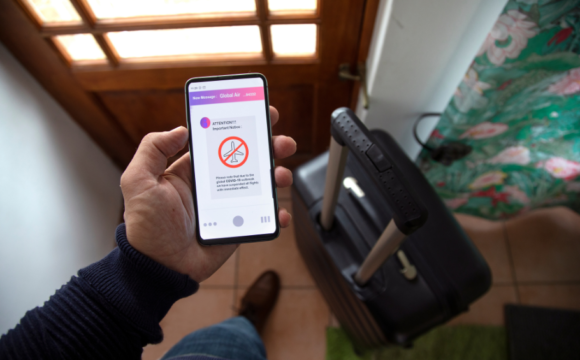Ryanair’s departure from the Province has once again highlighted the issue of Air Passenger Duty (APD) and the pressure it places on airlines and airports here to retain passengers numbers. The cost of APD has long been a concern for all three Northern Ireland airports and the airlines which fly out of them.
Air Passenger Duty (APD) is a mandatory tax that must be charged by airlines operating out of the UK (including NI) on a per passenger basis. APD was introduced by the UK Government on 1 November 1994.
APD is added to all short haul journeys from Northern Ireland with prices starting from £13 per flight. There is no APD on long haul flights.
The Republic of Ireland has no aviation duty on flights. At a time when the Northern Ireland economy is only beginning to recover from the decimation caused by the pandemic the widespread consensus is that APD is doing Northern Ireland more harm than good.
Economy Minister Gordon Lyons has urged the UK Government to scrap air passenger duty after it was cited by Ryanair in its decision to withdraw from Northern Ireland calling the tax ‘unfair’.
Pre-pandemic, in 2018, it was reported that more than a million air passengers were lost from Belfast’s main airports, with passengers opting to fly out of nearby Dublin airport where the tax was axed in 2014.
At the time the airports claimed that APD was “like an anchor on us, pulling us back”.
The Consumer Council has previously expressed concern over APD recommending that it mirror the rate of the Republic of Ireland who do not have any air passenger tax.
They said: “A reduction in APD would ensure Northern Ireland consumers are not disadvantaged given their high dependence on air travel, and will ensure the region’s airports continue to deliver consumer choice.”
The ability of airlines to offer competitive prices on flights from Northern Ireland has long been a major issue.
The Consumer Council said: “The current disparity between UK… and Ireland will serve to undermine the Northern Ireland aviation sector with passengers incentivised to travel via airports in the Republic of Ireland rather than Northern Ireland in order to save money.
“Decreased demand for air services from Northern Ireland’s airports could lead to a decline in the number of services and routes operated, reducing choice and convenience for consumers living in Northern Ireland. Furthermore, an increase in the number of Northern Ireland passengers travelling via Republic of Ireland airports rather than Northern Ireland airports will result in a loss of revenue for HM Treasury, Northern Ireland airports and the region’s economy.
“Northern Ireland’s geographic location means consumers are more heavily reliant on air travel. Northern Ireland is unique because as part of the UK it has the highest rate of aviation duty in Europe but also has a land border with the Republic of Ireland.”
A spokesperson for Ryanair said: “Due to the UK government’s refusal to suspend or reduce APD (Air Passenger Duty), and the lack of Covid recovery incentives from both Belfast airports, this winter Ryanair will cease operations from Belfast International and Belfast City Airport from the end of the summer schedule in October.
“These aircraft will be reallocated to lower cost airports elsewhere in the UK and Europe for the winter schedule which starts in November.”



